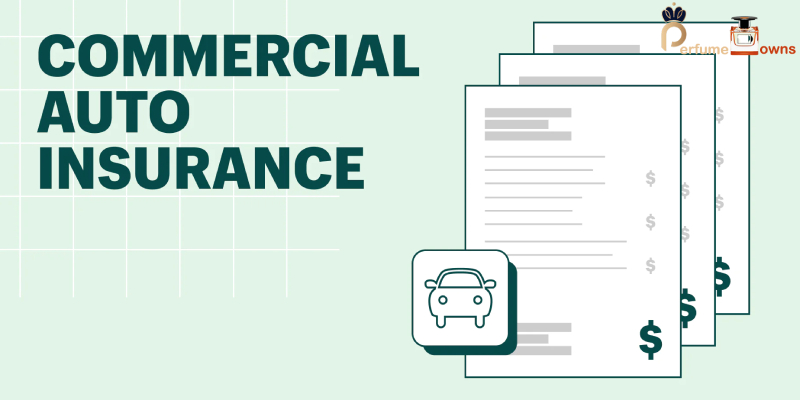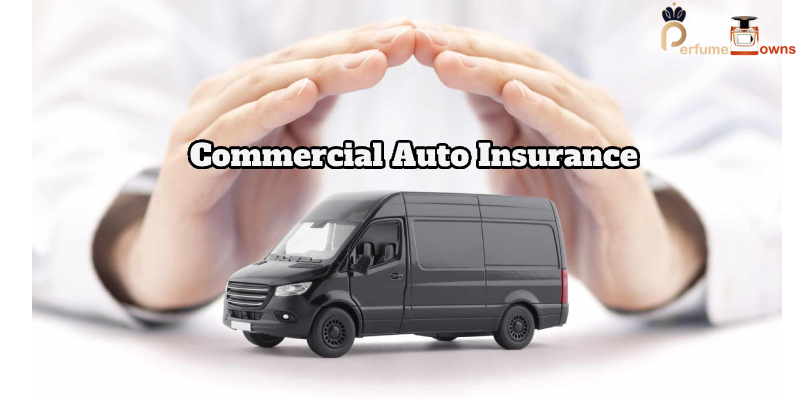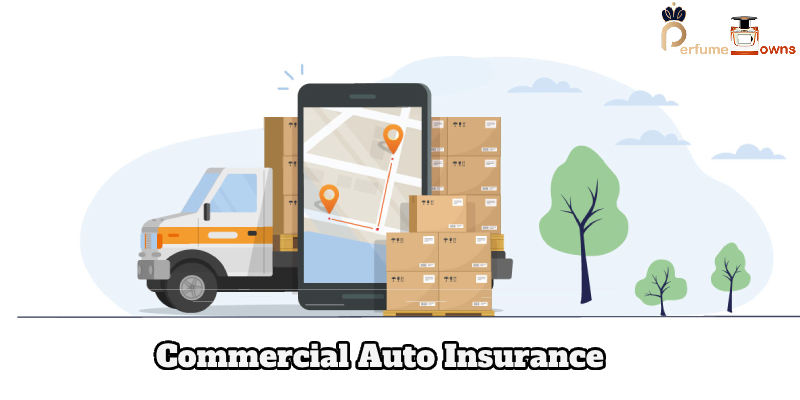Name to QR Code Generator
Commercial auto insurance has become an important part of daily operations. Let’s discover together why having a commercial auto insurance policy is more than just protection; it’s a comprehensive security strategy that helps your business thrive and grow sustainably.
The Importance of Commercial Auto Insurance
The importance of Commercial Auto Insurance cannot be overstated, particularly for businesses that rely on vehicles for their operations. This type of insurance provides coverage for vehicles used in the course of business activities, offering protection against a range of potential risks. Here are several key reasons highlighting the importance of Commercial auto:
Legal Compliance
Mandatory Requirement: In many jurisdictions, having commercial auto insurance is a legal requirement. Businesses may face fines, penalties, or even legal action if they operate vehicles without the necessary insurance coverage.

Legal Compliance
Financial Protection
Liability Coverage: Commercial Auto Insurance provides liability coverage, protecting businesses from financial losses in case their vehicles are involved in accidents that cause property damage or bodily injury to others.
Property Damage Coverage: It covers the cost of repairing or replacing the business’s vehicles in case of accidents, theft, or vandalism.
Risk Management
Mitigating Business Risks: Businesses face various risks when their vehicles are on the road, including accidents, theft, and natural disasters. Commercial Auto Insurance helps manage these risks, allowing businesses to focus on their core operations without the constant worry of potential financial setbacks.
Protecting Employees
Employee Coverage: Commercial Auto Insurance often extends coverage to employees driving company vehicles, providing protection for both the business and its employees in the event of an accident.
Maintaining Business Continuity
Vehicle Replacement: In the event of an accident or loss, having commercial auto insurance ensures that the business can replace or repair its vehicles promptly. This is crucial for maintaining business operations and continuity.
Credibility and Trust
Professional Image: Having commercial auto insurance adds to the professional image of a business. It signals to clients, partners, and customers that the business is responsible, well-prepared, and committed to safeguarding its interests and those of others.
Customized Coverage
Tailored Policies: Commercial Auto Insurance policies can be customized to meet the specific needs of a business. This allows businesses to choose coverage options that align with their operations, the types of vehicles used, and potential risks.
Financial Security for Third Parties
Third-Party Claims: Commercial Auto Insurance protects businesses from the financial repercussions of third-party claims. Whether it’s a pedestrian, another driver, or property owner, the insurance coverage helps settle claims and legal expenses.
Adaptability to Business Growth
Scalability: As businesses grow and acquire more vehicles, commercial auto insurance can be adjusted to accommodate the changing needs and risks associated with an expanding fleet.
Type of vehicle covered by Commercial auto insurance
Commercial auto insurance typically covers a variety of vehicles used for business purposes. The specific types of vehicles covered can vary depending on the insurance provider and the terms of the policy. However, here are common types of vehicles that are generally covered by commercial auto insurance:
Cars
Standard sedans, hatchbacks, and other passenger cars that are used for business purposes are usually covered.

Type of vehicle covered by Commercial auto
Trucks
Commercial auto insurance often covers various types of trucks, including pickup trucks, box trucks, delivery trucks, and cargo vans.
Vans
Cargo vans and passenger vans used for business activities are typically covered. These may include minivans and larger vans designed for transporting goods or people.
SUVs (Sport Utility Vehicles)
SUVs used for business purposes, such as transporting employees or goods, are often included in commercial auto insurance coverage.
Trailers
Trailers that are towed by business vehicles, whether for transporting goods or equipment, may be covered under commercial auto insurance.
Buses
Commercial auto insurance may extend coverage to buses used for transporting employees, clients, or goods.
Specialized Vehicles
Some businesses use specialized vehicles for their operations, such as food trucks, ice cream trucks, or mobile workshops. Commercial auto insurance can be tailored to cover these unique vehicles.
Construction Vehicles
Heavy equipment and construction vehicles, such as bulldozers, backhoes, or cement mixers, may be covered under a commercial auto insurance policy designed for businesses in the construction industry.
Refrigerated Vehicles
Vehicles equipped with refrigeration units, commonly used for transporting perishable goods, can be covered by commercial auto insurance.
Taxis and Rideshare Vehicles
Vehicles used for taxi services or rideshare purposes, when engaged in business activities, are typically covered by commercial auto insurance.
Factors affecting Commercial auto insurance prices
Several factors can influence the cost of commercial auto insurance premiums. Insurance providers consider these factors when determining the level of risk associated with insuring a business’s vehicles. Here are key factors that can affect commercial auto insurance prices:
Driving History
The driving records of the individuals operating the commercial vehicles play a significant role. A history of accidents, traffic violations, or other driving infractions can result in higher premiums.

Factors affecting Commercial auto insurance prices
Type of Business and Vehicle Use
The nature of the business and how the vehicles are used impact insurance costs. For example, delivery vehicles may have different risk profiles than vehicles used for sales visits.
Number of Vehicles
The size of the commercial fleet affects insurance prices. More vehicles generally mean a higher risk exposure, and consequently, higher premiums.
Vehicle Types and Values
The type, make, model, and value of the vehicles in the fleet are considered. More expensive or specialized vehicles may lead to higher premiums.
Vehicle Age and Condition
The age and condition of the vehicles influence insurance prices. Older vehicles may have lower premiums, but if they lack safety features, premiums could be higher.
Coverage Limits
The chosen coverage limits and deductibles affect the premium. Higher coverage limits and lower deductibles generally result in higher premiums.
Geographical Location
The location where the vehicles operate can impact premiums. Areas with higher traffic congestion or a higher incidence of accidents may have higher insurance costs.
Driver Training and Safety Programs
Implementing driver training programs and safety measures within the business can lead to lower insurance premiums. Insurers often reward businesses with proactive safety practices.
Claims History
A business’s claims history, including the frequency and severity of past claims, can affect future premiums. Businesses with a history of frequent claims may face higher premiums.
Credit History
In some cases, the credit history of the business may be a factor. Businesses with a strong credit history may be eligible for lower insurance premiums.
Annual Mileage
The total mileage covered by the commercial vehicles annually is considered. Higher mileage may result in higher premiums due to increased exposure to potential accidents.
Security Measures
Installing anti-theft devices, GPS tracking, and other security measures may qualify for discounts and can impact insurance prices positively.
Industry and Business Size
The industry in which the business operates and its size can influence insurance costs. Certain industries may have higher risk profiles, leading to higher premiums.

Factors affecting Commercial auto insurance prices
Regulatory Compliance
Adhering to safety regulations and compliance with industry standards may positively influence insurance prices
In conclusion
Commercial auto insurance is a first and important measure to minimize unforeseen risks when each vehicle leaves the business gate. This helps businesses focus on core business goals without having to worry about negative impacts from unwanted events.